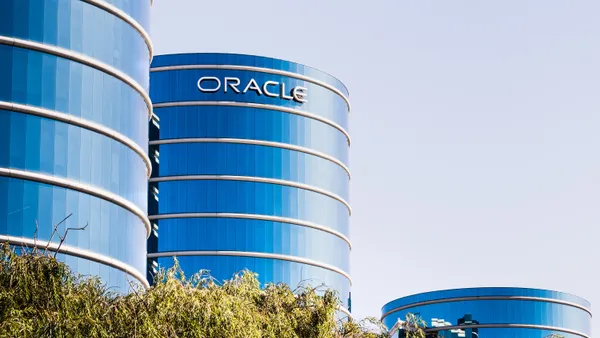Dive Brief:
- While a quarter of U.S. respondents surveyed in November by LifeWorks said they would not use employer-provided mental health support, 39% said they were interested in services that could improve the quality of their sleep. Nearly the same percentage expressed interest in programs aimed to improve their focus, according to the survey, which was released Dec. 14.
- Of the 5,000 workers surveyed, 42% said they had not used any mental health services offered by their employer, and 15% said their employer did not offer such support. A fifth said they were not aware of any services offered by their employer. Thirteen percent had accessed support through an employee assistance program, and 8% gained psychological support through their benefits.
- Most of those who reported not using employer funded mental health services said they knew about the support but never needed it, the survey said. A quarter of respondents said they declined the support because they didn't know how to access it, because they were concerned about confidentiality, or because they were concerned about cost.
Dive Insight:
In the spring of 2020, leaders in human resources predicted that employers and employees would face a slew of mental health-related challenges as a result of the pandemic. More than a year later, employers reported that mental health issues were the foremost impact of 2020 on the workforce, according to a study from Verizon Media.
Many employers have attempted to address such challenges and turned to benefits, programs and perks to signal support to their employees. Hootsuite, for example, instituted a companywide "Wellness Week" in July 2021. The week aimed to allow workers a chance to take extra time off and tend to their mental health. Around the same time, Amazon announced it would offer free counseling sessions and other mental health benefits to all U.S. workers and their families.
Amid the uptick in mental health-related company updates, employers and employees alike questioned the success of such programs. Fewer than one-third of the 494 employers surveyed by Willis Towers Watson in January 2021 said their well-being and caregiving benefits effectively supported employees during the pandemic. Despite the positivity around Amazon's announcement about its free counseling, the company was widely criticized when it announced its mental health kiosks — small free-standing booths intended to offer workers a moment of respite.
Following the Amazon debacle, organizational scholars told HR Dive that employers need to seek input from mental health professionals when designing related offerings. Sources emphasized that workplace leaders lacking real expertise must involve trusted professionals when they set out to create a new resource.













